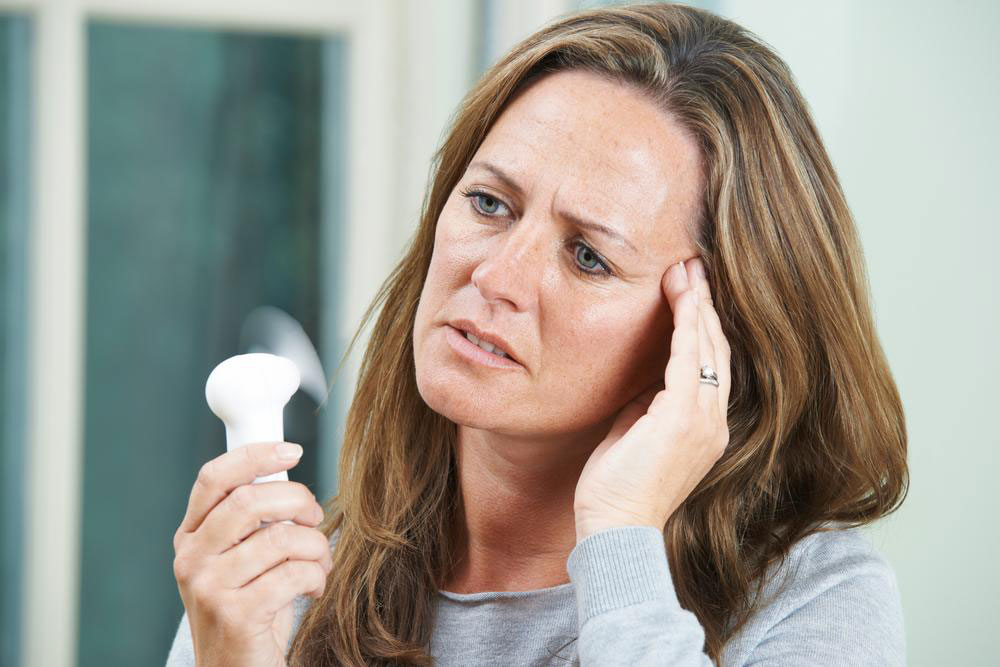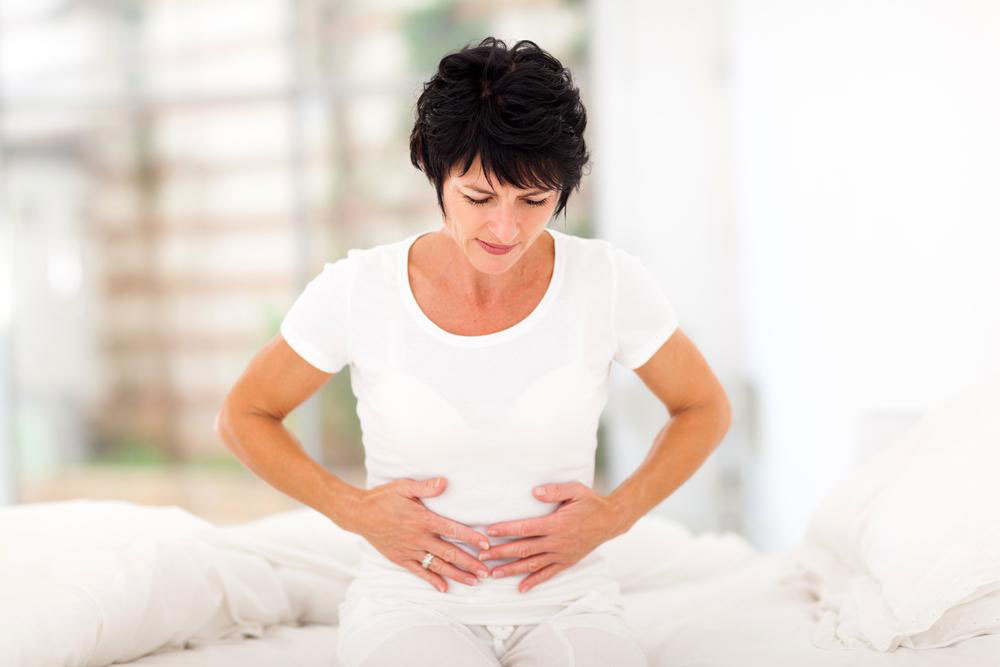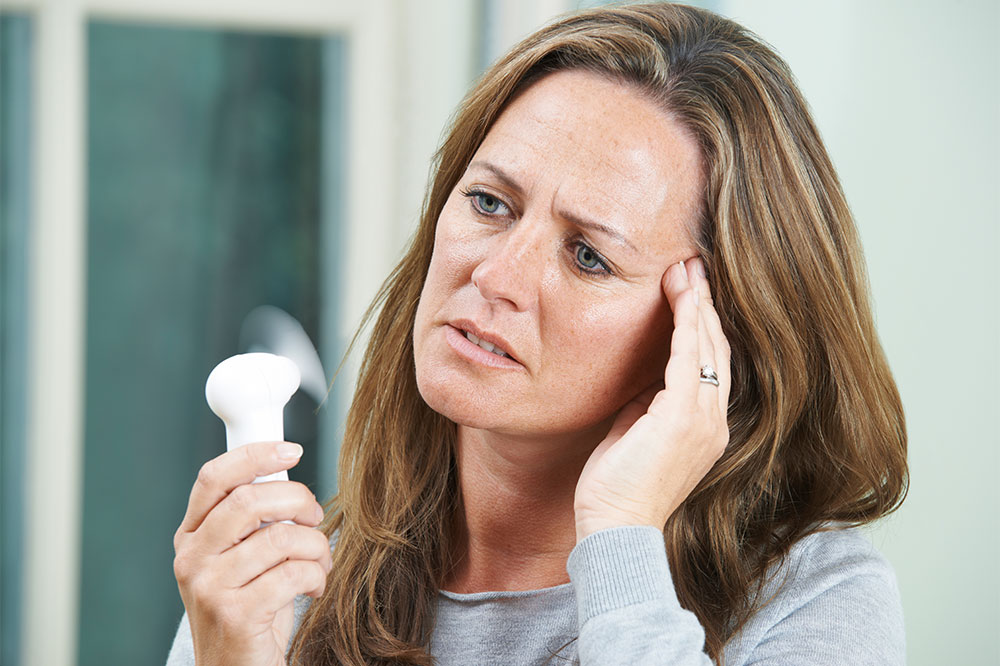Understanding Menopause: Key Facts and Insights
Menopause is a natural biological process occurring around 49-52 years of age, signifying the end of a woman's reproductive years. It involves hormonal changes that cause symptoms like hot flashes, irregular periods, and mood swings. Factors such as lifestyle and health conditions can influence its onset. Understanding these changes helps women manage menopause better and maintain overall well-being.

Menopause is a natural phase in a woman's life and not a medical condition. It marks the end of reproductive years, occurring after a woman has gone without a menstrual period for 12 consecutive months. Women are born with a limited number of ovarian eggs, which develop and mature with hormonal changes at menarche. Over time, hormone levels decline, leading to the cessation of ovulation and menstruation. Typically happening between ages 49 and 52, menopause involves gradual hormonal shifts that may cause symptoms like hot flashes, irregular periods, and mood changes. Factors such as smoking, chemotherapy, or surgical removal of ovaries can lead to earlier menopause. Maintaining overall health can help manage symptoms effectively.










